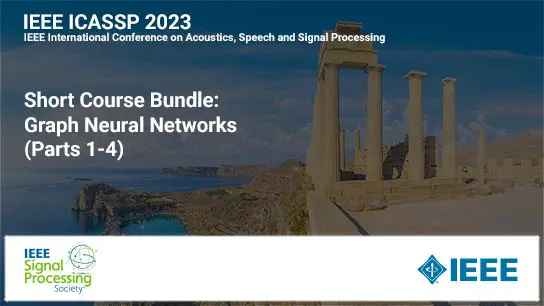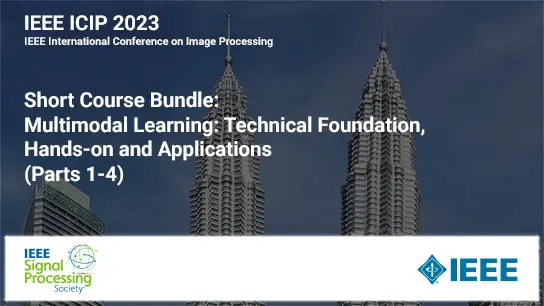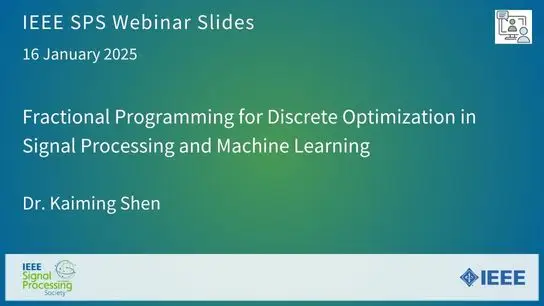Inclusive Machine Learning Challenges: Improving the Processing of Speech and Music on Hearing Aids
Trevor Cox, Jon Barker, Alinka Greasley, Bill Whitmer
-
Members: FreeSPS
IEEE Members: $11.00
Non-members: $15.00Length: 01:10:47
14 Nov 2024
The World Health Organization estimates that by 2050 2.5 billion people will have hearing loss, with at least 700 million of those requiring treatment. The most common treatment for hearing loss is hearing aids, but performance for speech-in-noise and music is mixed. Thus, more signal processing research is needed. Hearing aids offer unique challenges for signal processing such as the need to have low power consumption and operate in real-time. Nevertheless, hearing aids are now appearing that have deep learning capabilities, and the FDA has approved Apple’s AirPods Pro 2 to be used as hearing aids.
The Cadenza and Clarity project are running a series of machine learning challenges to improve the processing of music and speech on hearing aids. The current Cadenza challenge, with tasks on lyric intelligibility and remixing classical music, is an IEEE SPS Challenge.
Is this webinar, members of the Cadenza and Clarity team will outline typical forms of hearing impairment and how that alters the signals the brain gets and what people hear. Then the signal processing challenges of working with hearing aids will be discussed. Next, what the two projects have learnt so far from running challenges will be outlined. We will introduce the pyClarity codebase, which makes working on hearing impairment more accessible to signal processing researchers. Finally, a description of the current IEEE SPS Cadenza challenge will be given.


